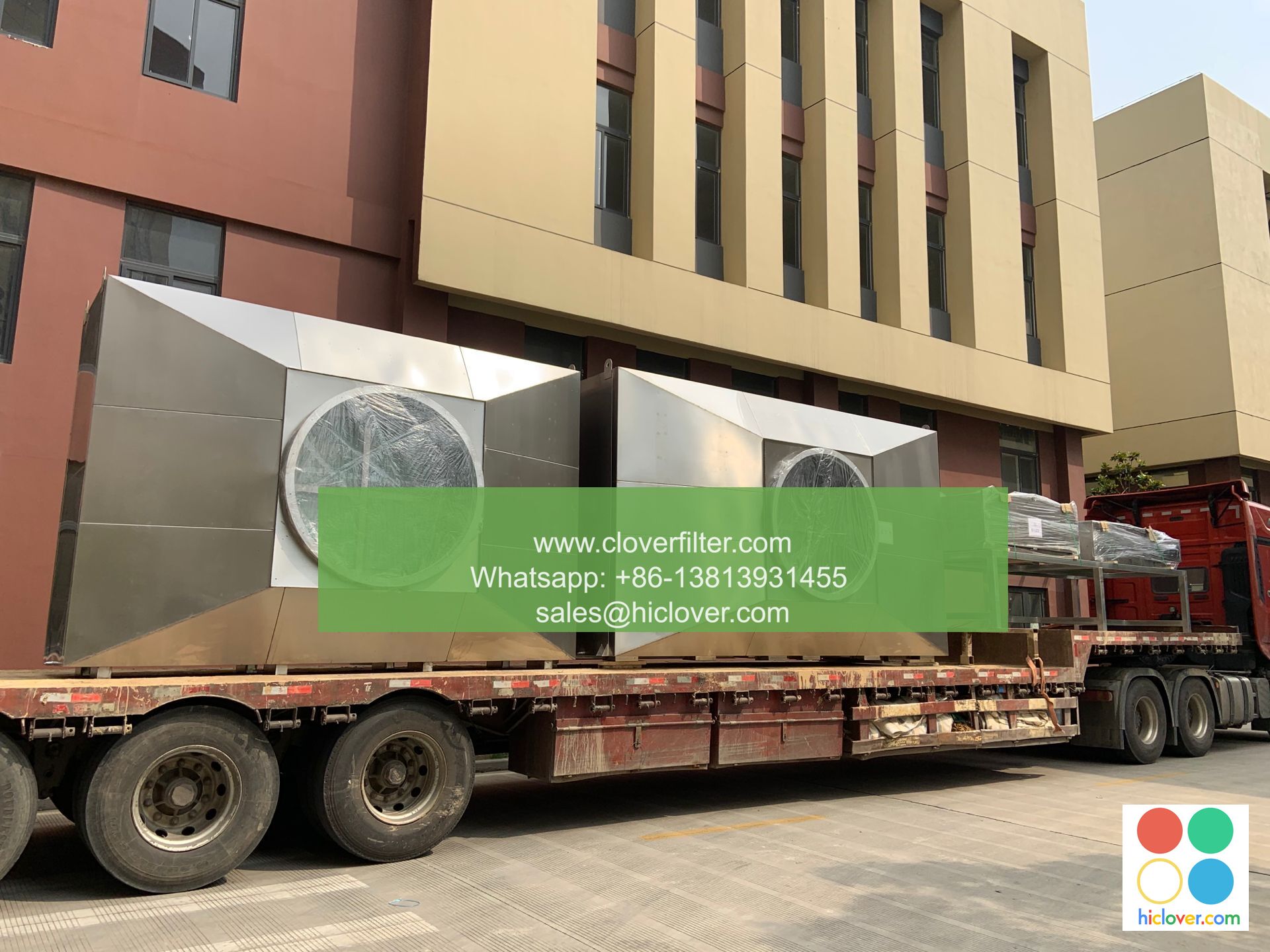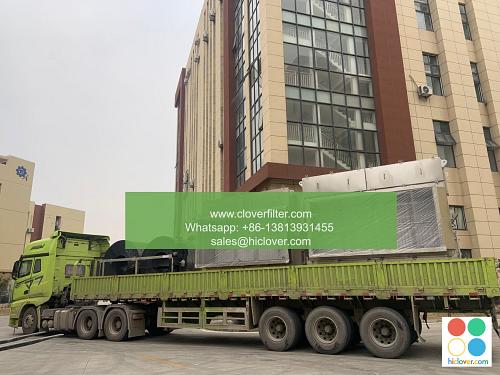Air Filters for Furnaces: A Guide to Clean Air in Your Home

As the temperature drops, many of us rely on our furnaces to keep our homes warm and cozy. However, furnace usage can also lead to a decrease in indoor air quality, exacerbating respiratory issues like asthma and allergies. This is where air filters for furnaces come in – a crucial component in maintaining clean air and a healthy indoor environment. In this article, we will delve into the world of furnace air filters, exploring their types, benefits, and application areas, with a focus on indoor air quality and heating, ventilation, and air conditioning (HVAC) systems.
Types of Air Filters for Furnaces
There are several types of air filters for furnaces available, each with its unique characteristics and advantages. Some of the most common types include:
* Fiberglass filters: These are the most basic and inexpensive type of furnace air filter. They are designed to capture large particles like dust and dirt, but may not be effective against smaller particles like pollen and pet dander.
* Pleated filters: These filters have a larger surface area than fiberglass filters, allowing them to capture more particles and improve indoor air quality. They are also more effective against bacteria and viruses.
* HEPA (High Efficiency Particulate Air) filters: These filters are designed to capture 99.97% of particles as small as 0.3 microns, making them ideal for households with allergy sufferers or respiratory issues.
* Activated carbon filters: These filters are designed to capture odors and gases, making them ideal for households with pets or smokers.
Benefits of Air Filters for Furnaces
The benefits of using air filters for furnaces are numerous. Some of the most significant advantages include:
* Improved indoor air quality: By capturing particles and pollutants, furnace air filters can help reduce the risk of respiratory issues and allergies.
* Increased energy efficiency: By keeping the furnace and HVAC system clean, air filters can help reduce energy consumption and lower utility bills.
* Extended furnace lifespan: By capturing particles and debris, air filters can help reduce wear and tear on the furnace, extending its lifespan and reducing maintenance costs.
* Reduced odors and gases: Activated carbon filters can help eliminate unpleasant odors and gases, creating a more comfortable and healthy indoor environment.
Application Areas
Air filters for furnaces have a wide range of applications, including:
* Residential homes: Furnace air filters are a must-have for any residential home, especially those with allergy sufferers or respiratory issues.
* Commercial buildings: Furnace air filters can help improve indoor air quality in commercial buildings, such as offices, schools, and hospitals.
* Industrial settings: Furnace air filters can help reduce particle and pollutant levels in industrial settings, such as factories and workshops.
* Healthcare facilities: Furnace air filters can help reduce the risk of hospital-acquired infections and improve indoor air quality in healthcare facilities.
Conclusion
In conclusion, air filters for furnaces are a crucial component in maintaining clean air and a healthy indoor environment. By understanding the different types of air filters available, their benefits, and application areas, homeowners and facility managers can make informed decisions about which filter to use and how to maintain it. Whether you’re looking to reduce allergy symptoms, improve indoor air quality, or increase energy efficiency, furnace air filters are an essential tool in achieving a comfortable and healthy indoor space. Remember to replace your furnace air filter regularly to ensure optimal performance and benefits. You haven’t provided a prompt or question for me to respond to. Please provide more context or ask a specific question, and I’ll do my best to assist you.

